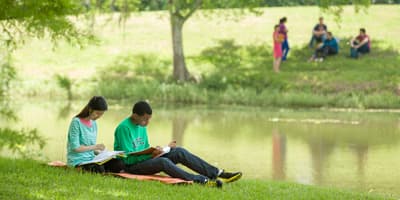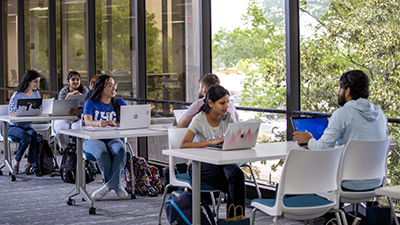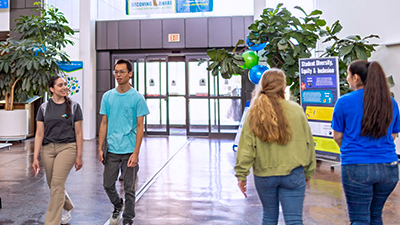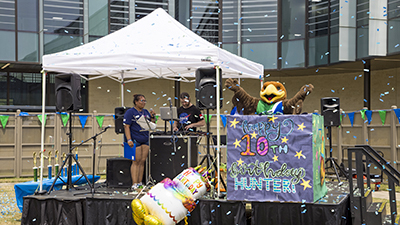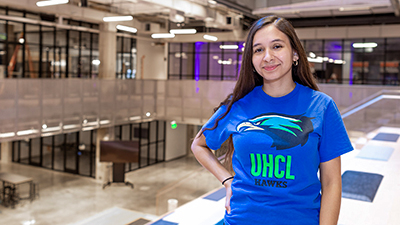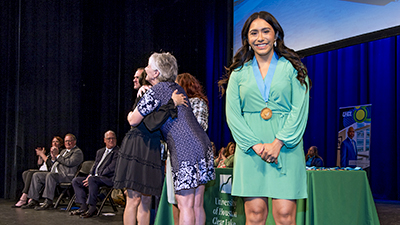Prof explores political, religious forces attacking science
Do you trust science? The optimistic news of a safe, effective vaccine to fight COVID-19 is diminished by the knowledge that many people either do not accept the severity of the virus, do not trust the efficacy of this particular vaccine, or they mistrust vaccines in general.
University of Houston-Clear Lake's Professor of Philosophy Keith Parsons will address the ways in which science has been politicized in a virtual presentation, "Why it is OK to Trust Science," March 29 at 6 p.m.
The presentation is the fourth installment in a five-part monthly series offered by the College of Human Sciences and Humanities called "The College of HSH Presents..." that highlights the research areas of professors.
"I'll begin with personal reflections," Parsons said. "I grew up in the 1950s, when science was respected and admired. Liberals and conservatives agreed that science was a great good and its pursuit must be a prime social goal. The three greatest things I ever learned in school were the worlds of the very large — the solar system, galaxies, quasars; the very old — dinosaurs; and the very small — atoms and molecules."
Parsons said that as an adult, he has found the attacks on science arising from ideologies of the political left and right to be appalling. "From the right, the early eighties saw the rise of 'scientific creationism,' an attack on science in the form of thinly-disguised religious fundamentalism," he said. "When the courts rebuffed 'scientific creationism,' the religious right responded with the 'intelligent design' theory, a seemingly more sophisticated attack on science."
The political left, continued Parsons, also attacked the credentials of science, attempting to undermine both its results and methods as "social constructs" or a subterfuge masking white male privilege.
"But the most nefarious and dangerous attack on science has come from big money interests," he said. "Large corporations, seeing their profits threatened by the results of medical, environmental and climate science, have deployed their vast financial resources to discredit science and scientists, even funding their own 'research institutes' and 'think tanks,'" he said.
Parsons said the aim of his presentation was to argue that all these attacks on science are intellectually baseless and socially pernicious, and to defend natural science. "The particular charges made by ideologues of the left and the right have been debunked in detail by scientists and philosophers in numerous books and articles," he said. "There is nothing mysterious about the rationality of science. What makes science exceptional is not its possession of an algorithm for discovery, but the accuracy and rigor of its test and cumulative support given by lines of independent evidence."
The final presentation in the series will be entitled, "Telling Better Stories: Archeology, Object Biography and the Public," on Monday, April 12 at 6 p.m., given by Associate Professor of Art History Sarah Costello.
To register for the event, go online.
